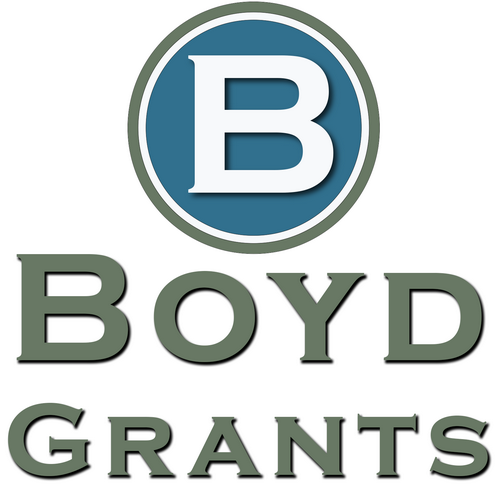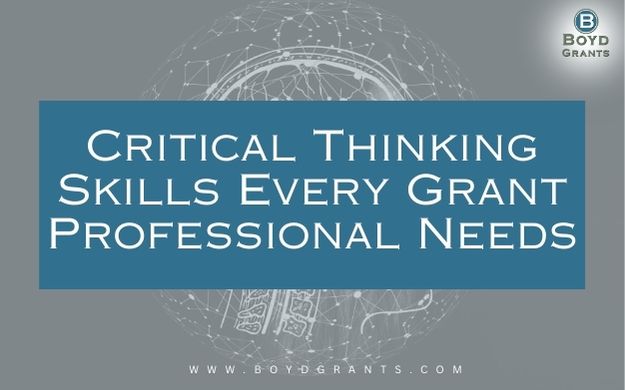Successful grant writing is more than just filling out applications—it’s a strategic exercise in problem-solving, analysis, and crafting compelling narratives. To truly excel in grant writing, you need more than just the basics. You need strong critical thinking skills that allow you to analyze opportunities, understand data, and craft proposals that resonate with funders.
Here are five critical thinking skills every grant professional should master:
🔹 Evaluating Opportunities
Not every grant is a perfect match for your organization. One of the first steps in the grant writing process is evaluating whether a grant aligns with your organization’s mission, goals, and capacity. Are you prepared to fulfill the requirements? Does the grant allow you to showcase your program’s strengths? By critically assessing grant opportunities, you can focus your efforts on those that offer the best fit, ensuring your time and resources are spent wisely.
🔹 Data-Driven Decision Making
Funders want to see measurable impact, not just good intentions. That means you need to be able to analyze data and use it to build a compelling case for funding. Whether it’s demonstrating the need for your project, showing evidence of past successes, or projecting future outcomes, data is key to backing up your proposal. Can you use data to tell a story and make a strong case for why your project deserves support?
🔹 Strategic Storytelling
While data is important, it’s also about telling a persuasive story that connects community needs with actionable solutions. A great grant proposal is more than just numbers and statistics—it’s about weaving those facts into a narrative that resonates with funders. Can you craft a story that highlights the urgency of the issue, the impact your project will have, and why your organization is uniquely qualified to carry it out? Strategic storytelling helps you create an emotional connection with funders while staying grounded in the facts.
🔹 Budget Justification
Every dollar in your proposal should have a purpose. A well-structured budget is critical, not just for showing how funds will be used but for demonstrating the viability of your project. Can you logically structure a budget that reflects the true needs of your program? More importantly, can you justify every line item in a way that shows funders their investment will be used efficiently and effectively?
🔹 Anticipating Funders’ Perspectives
What will make your proposal stand out in a crowded pool of applicants? Funders have their own priorities and criteria, and successful grant professionals know how to think like a funder. What will appeal to them? What are they looking for in terms of impact, sustainability, and community engagement? By understanding a funder’s perspective, you can tailor your proposal to address their specific interests and priorities.
💡 Critical thinking = better grant outcomes. By mastering these critical thinking skills, you’ll not only improve your grant writing process but also increase your chances of securing funding.


Recent Comments